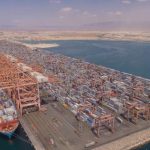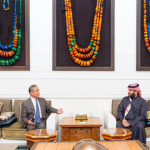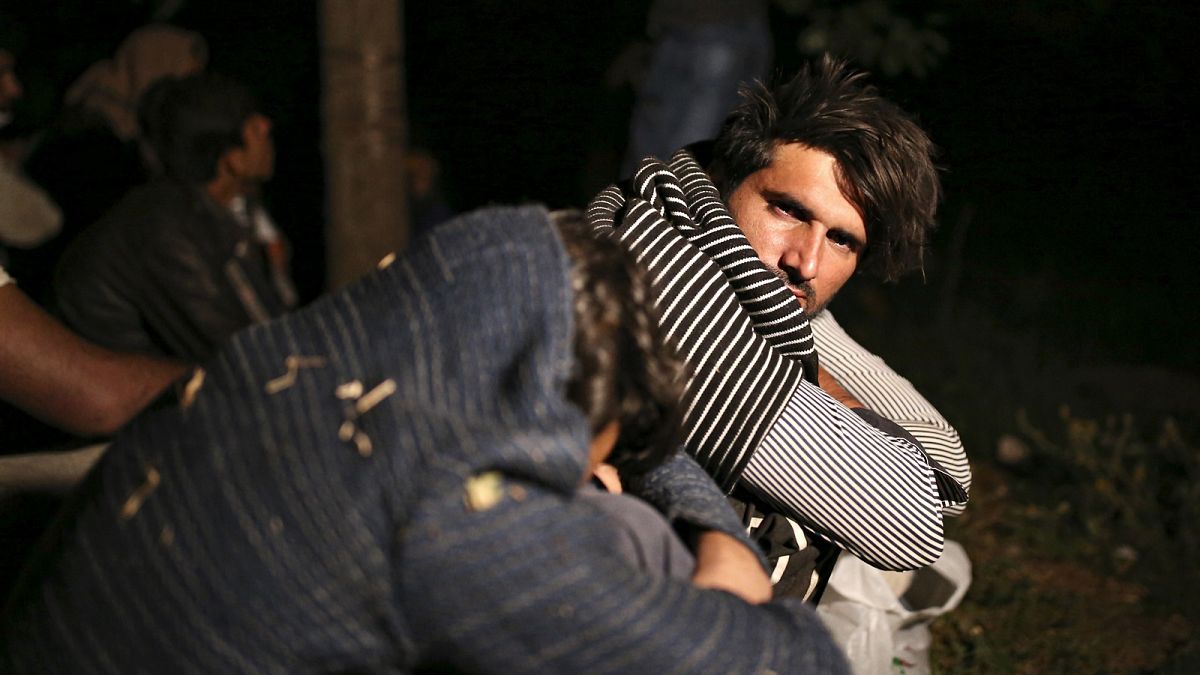A recent media investigation has uncovered a disturbing pattern of abuse and unsanitary conditions in EU-funded migration centers in Turkey. The European Commission has called on Turkey to thoroughly investigate the allegations of mistreatment in these facilities. The centers are operated by the Turkish government and receive financial assistance from the EU, amounting to €213 million. The investigation detailed overcrowded and unsanitary conditions, instances of abuse and torture against migrants, and a coercive environment that forces detainees to sign documents for voluntary returns to their home countries.
The investigation highlighted a case where a man who had fled Afghanistan following the Taliban takeover in 2023 was eventually returned to his home country after being detained in Turkey. Tragically, he was shot dead upon his return. The media consortium behind the investigation, including Lighthouse Reports, Le Monde, El Pais, and Der Spiegel, found that EU officials were aware of the abusive conditions in the migration centers funded by the EU. However, senior officials chose to ignore the issue, despite internal alarms being raised within the organization.
According to the European Commission, all EU funding provided for managing removal centers and voluntary returns in Turkey is done in full compliance with EU and international standards. The Commission emphasized that it is ultimately the responsibility of the Turkish authorities to investigate and address any violations of fundamental rights that may be occurring in these facilities. The EU called on Turkey to respect the fundamental rights of individuals and the principle of non-refoulement, which prohibits deporting migrants to countries where they may face persecution or ill-treatment.
Turkey has been a leading host country for refugees worldwide, with approximately 3.2 million Syrian refugees among other nationalities. Since 2011, the EU has provided almost €10 billion to Turkey to support the management of asylum seekers. While EU officials argue that this financial support has helped reduce irregular migration flows, critics argue that it has given Turkish President Recep Tayyip Erdoğan leverage to make demands of the EU. The 2016 agreement between the EU and Turkey aimed to address the migration crisis at the time, but concerns about human rights abuses in Turkish migration centers have cast a shadow over the partnership.
The European Commission noted that its officials based in Turkey regularly conduct monitoring missions to the migration centers to ensure compliance with EU standards. However, the Commission acknowledged that the responsibility for investigating and addressing allegations of wrongdoing lies with the Turkish authorities. The Commission urged Turkey to take the necessary steps to investigate the reported abuses and ensure that the fundamental rights of migrants are respected. The EU remains committed to supporting humanitarian efforts in Turkey and across the region, but it also stresses the importance of upholding human rights standards in the treatment of migrants and refugees.











